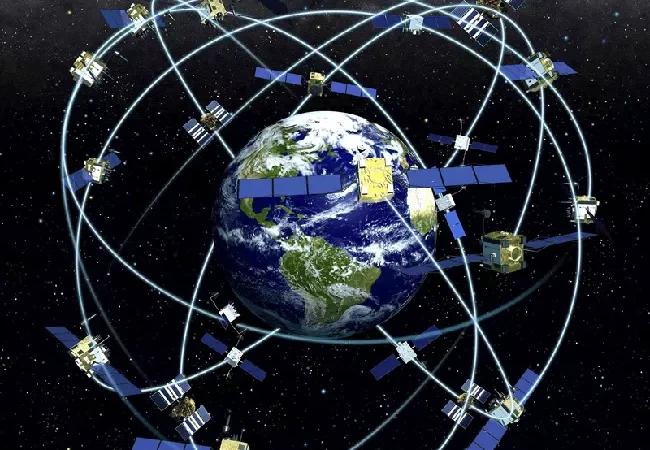ESA requested 500 million euros to pursue PNT capabilities including satellite navigation from LEO to the moon. This money is to support the European Union led Galileo System, a GNSS that went live in 2016. The 500 million would enhance and expand the current system to support future lunar missions.
One of the initiatives, FutureNav, consists of two missions. The mission GENESIS will improve the international reference frame used for navigation and science missions by combining four different measurement techniques. Another initiative, LEO-PNT, will test a potential satellite navigation system in LEO that has a constellation of only 6-12 smallsats.
This brought up the cybersecurity implication of keeping a system secure but available and open for its users. It seems the system would have a critical function making it desirable for attack, like the Viasat attack earlier this year. An alli would be extremely crippled and vulnerable if this advanced PNT system had a denial of service attack. For GPS, survivability is only now being tested in a contested space environment. There was a report released earlier this year by the DoD saying they planned to begin a cyber assessment of the GPS Ground Control System, OCX. How to even test a system like this is fairly uncharted territory. DoD testers emphasized the need to test as a whole integrated system rather than segments since warfighters will need both ground and receivers to function together.
Currently, a company called CGI is the primary supplier for end-to-end security for the Galileo System. They codesigned and operate the test bench used to verify and validate security functions. They are also responsible for monitoring and controlling the whole constellation and the signal processing chain. With the planned upgrade for Galileo, CGI is also upgrading their security measures and protocols.
Sources: https://spacenews.com/esa-seeks-funding-for-navigation-technology-programs-at-ministerial/
https://www.cgi.com/sites/default/files/2022-02/cgi-and-gaileo-factsheet.pdf
